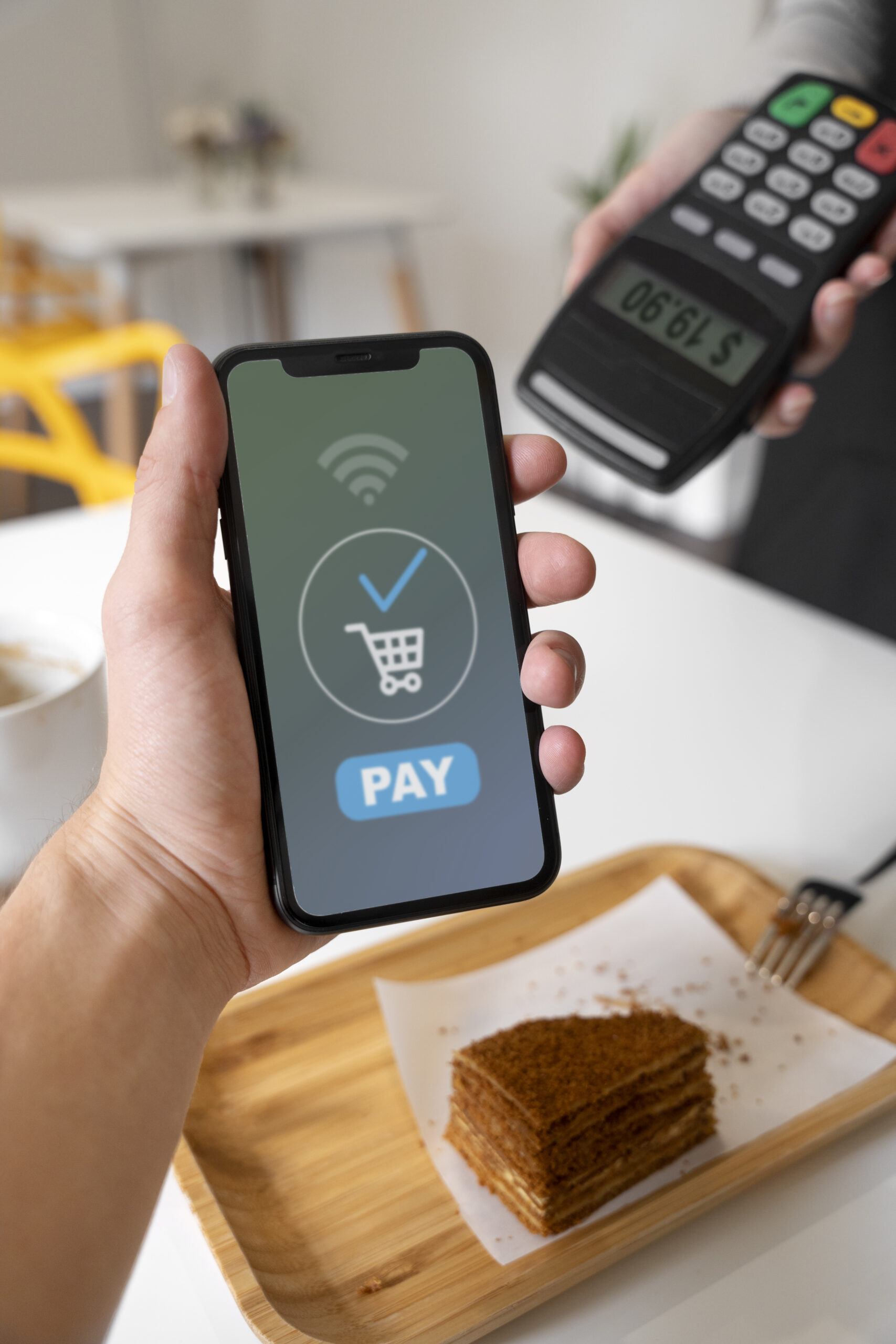






Get quick answers to our most frequently asked questions.

Binary options trading involves predicting the price movement of an asset within a specified time frame. Its appeal lies in the potential for high returns and the simplicity of the trading process, allowing traders to make quick decisions based on market trends.
Payment processors encounter several challenges with binary options trading, including regulatory scrutiny, chargeback risks, and the need for secure transactions due to the high-risk nature of this financial activity.
High-risk merchant accounts are specialized accounts designed for businesses in industries that face higher chargeback rates or regulatory issues, like binary options trading. They provide improved transaction approval rates and access to diverse payment methods, which are crucial for operational efficiency.
Traders can mitigate fraud risks by employing robust fraud prevention measures such as maintaining detailed transaction records, ensuring compliance with AML/KYC regulations, and using specialized processors that offer chargeback management strategies.
When choosing a payment processor for binary options trading, consider factors such as transaction speed, customer support availability, industry expertise, reputation, and their ability to handle high-risk accounts effectively.
Costs associated with payment processing include transaction fees, withdrawal fees, and differences between deposit and withdrawal fees charged by various processors. Understanding these costs is essential for traders to assess their overall profitability.
